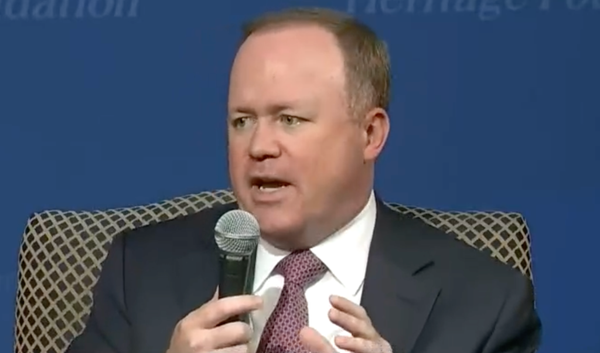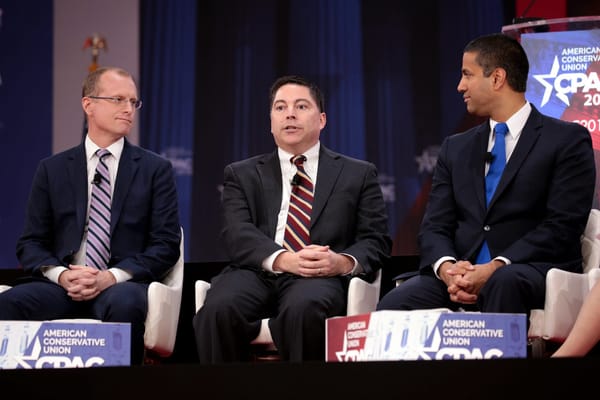FCC Kicks Off Annual State of Broadband Report
The inquiry hopes to identify and address how broadband policy can improve.
Ari Bertenthal

WASHINGTON, September 12, 2024 - The effort by the Federal Communications Commission to deploy advanced telecommunications capabilities to every American in a reasonable and timely fashion is being scrutinized as part of the agency’s 18th annual inquiry on the state of broadband in America.
A September 6 notice of inquiry for the so-called Section 706 Report (named after the section of the Telecommunications Act of 1996 that required the report) denoted several important considerations for the FCC in the coming year.
The agency highlighted how, in the wake of the COVID-19 pandemic, broadband internet access has become indispensable in the applications of work, school and healthcare, among other things.
The FCC evaluates this according to a few metrics: adoption, affordability, availability, and equitable access to broadband. The agency engages with these metrics largely by conducting internal reviews of broadband usage data in connection with broadband access mapping.
FCC Commissioner Brendan Carr mentioned that, with four validated Broadband Data Collection maps completed, the FCC now has enough data to conduct comparisons over time and understand the level of progress that has been made on a biannual basis since 2022.
Yet the agency’s last annual broadband report was unable to provide definitive answers to important questions about its goals, the agency said.
One of the agency’s stated worries are barriers to broadband adoption. The FCC considers the goal of universal broadband adoption to be a universal lack of barriers to adoption, rather than 100 percent adoption of broadband service.
Affordability, the FCC noted, is a significant barrier to universal broadband adoption - especially for lower-income communities.
The FCC also said that it was seeking comments regarding the status and accomplishments of the Biden Administration's Broadband Equity Access and Deployment Program.
Their primary question asked whether or not the BEAD program has been effective at narrowing the digital divide in the United States.
The agency asks which regulatory barriers, if any, have stalled broadband deployment and whether or not they should be considered for elimination.
The first round of comments are to be submitted by October 7, with reply comments being due by November 6, one day after the November 5 presidential election.










Member discussion